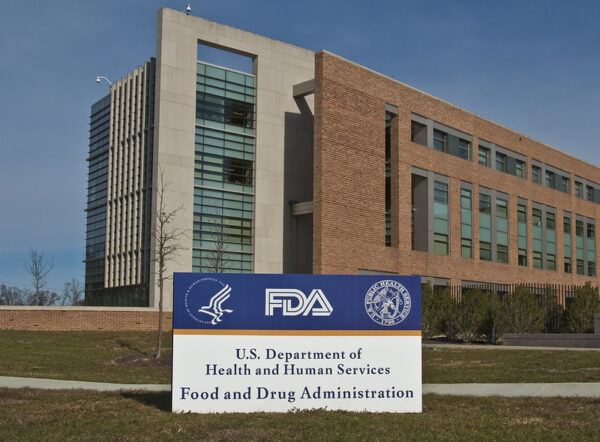
The Food and Drug Administration has advised a biotech company not to seek approval just yet for its kidney cancer drug amid concerns over the results of one of its clinical trials.
Cambridge, Massachusetts-based AVEO Oncology said Monday that in a meeting with the FDA about the drug tivozanib, the agency recommended that the company not submit a New Drug Application at this time, as it was concerned about the results of the Phase III TIVO-3 trial in highly refractory metastatic renal cell carcinoma. Although the trial met its primary endpoint of progression-free survival (PFS), the agency told the company that its interim overall survival (OS) results do not abrogate its concerns over detriment, that the results may worsen, and that the median OS for tivozanib is worse than that of the drug to which it is being compared, Bayer’s Nexavar (sorafenib).
The FDA said that if the company wishes to proceed with a revised OS analysis in June 2020, it should submit an updated statistical analysis plan with a planned OS analysis based on the projected number of OS events – i.e. patient deaths – at that time. The company said it plans to submit an update to its statistical plan, followed by its approval application, in the first quarter of next year.
Shares of AVEO fell 38 percent on the Nasdaq after markets opened Monday.
The 350-patient TIVO-3 trial was designed to address concerns the FDA had about a previous registration-directed Phase III study, the 517-patient TIVO-1, which the agency found to show inconsistent results for PFS and OS and an imbalance in treatments patients received after the trial. That left the agency unable to interpret the trial results or draw conclusions for making a risk-benefit assessment. Both trials compared tivozanib against Nexavar, with PFS as the primary endpoint.
According to the TIVO-1 data, median PFS in the respective arms was 11.9 months and 9.1 months, while median OS was 28.2 months and 30.8 months – meaning that patients receiving tivozanib went for longer before progressing or dying than those receiving Nexavar, but those receiving Nexavar lived longer overall.
The FDA had previously advised the company not to submit an application for the drug based on the TIVO-3 results in January, when the primarily OS analysis showed a hazard ratio greater than 1, meaning that performed worse than Nexavar on that measure. In September, AVEO said interim results from TIVO-3 showed a hazard ratio of 0.99, favoring tivozanib. AVEO and the FDA have agreed that if the final OS analysis from TIVO-3 shows a hazard ratio greater than 1, the company will withdraw its application.
Photo: FDA, Flickr (free of copyright protection)















